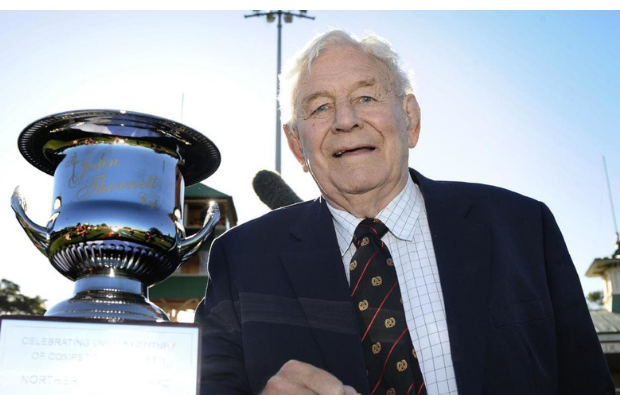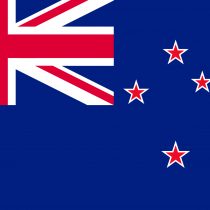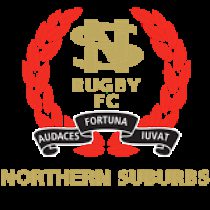Former Wallabies Captain John Thornett, MBE, dies
- 844

The Australian Rugby community is today in mourning at the loss of revered former Wallabies Captain, John Thornett MBE who passed away today following a long battle with illness, aged 83.
The oldest of three brothers who each carved out decorated international sporting careers, John played 37 Tests and toured eight times with the Wallabies, captaining the side on four of those tours.
Arguably the most versatile forward to have ever pulled on the gold jersey, Thornett packed down in four different positions during his 13-year international career, representing the Wallabies at flanker, lock and both tighthead and loosehead prop.
Renowned for his supreme leadership qualities and sportsmanship, the Sydney-born engineer became the second Australian to play 100 matches for the Wallabies after the late Sir Nicholas Shahadie, and his influence on the sport was compared to that of Don Bradman’s to cricket.
Growing up alongside his younger brothers Kenneth (Ken) and Richard (Dick), both who went on to representative careers in Rugby League (although Dick returned to Rugby and become a dual international), John pursued Rugby at Sydney Boys High before joining Sydney University and winning three consecutive Premierships from 1953 to 1955.
In the year of his third Sydney Grade Premiership, Thornett made his state debut for NSW against Queensland, and then on August 20, 1955 was given the honour of becoming Wallaby number 410 when he started at flanker against the All Blacks at Athletic Park in Wellington.
Seven years later at the same venue, Thornett captained the Wallabies for the first time in a 9-all draw against New Zealand, and three years on would lead the team to its first major Test series win when they defeated South Africa in consecutive Tests for the first time in 67 years in 1965.
It was then that the Wallabies arrived as a power to be reckoned with in World Rugby, and Thornett was lauded as Australia’s greatest leader.
He retired from international Rugby following the 1967-68 tour of the British Isles, his eighth tour with the Wallabies, but continued to play for Northern Suburbs in the Sydney Grade competition where he amassed 126 matches and led the club to five Grand Finals.
His list of honours is rivalled by only a few in the game, earning induction into the Sport Australia Hall of Fame (1985) and the Australian Rugby Hall of Fame (2005), as well as receiving the Australian Sports Medal (2000). In 2013, he was one of 11 legends inducted into the World Rugby Hall of Fame, becoming the 63rd member of the code’s most exclusive club.
Following his retirement, Thornett wrote a major manual on Rugby coaching which became a text book for aspiring coaches in Australia and the UK and also served as Vice-President of NSW Rugby Union.
Rugby Australia Chief Executive, Raelene Castle said: “Australian Rugby has lost not only one of its greatest Wallabies, but one of its finest leaders.
“John Thornett played Rugby for the love of the game and at all times treasured its values of mateship and sportsmanship. There was nothing he would not do for the game, and his team, which is why his name is synonomous with Australian pride and great leadership.”
Thornett ended his career on 118 appearances for the Wallabies, as well as 21 representative matches for NSW. He started in all 37 of his Test matches and at one point was Australia’s most capped player. He captained the Wallabies in 16 Tests from 1962 until his retirement in 1967.
Current Qantas Wallabies Captain, Michael Hooper said: “John set an example for so many in Australian Rugby. When I sit down and chat with former Wallabies about their time in the gold jersey, they all speak glowingly of John and in awe of how he played on the field and how he represented himself, and Australia, off it.”














